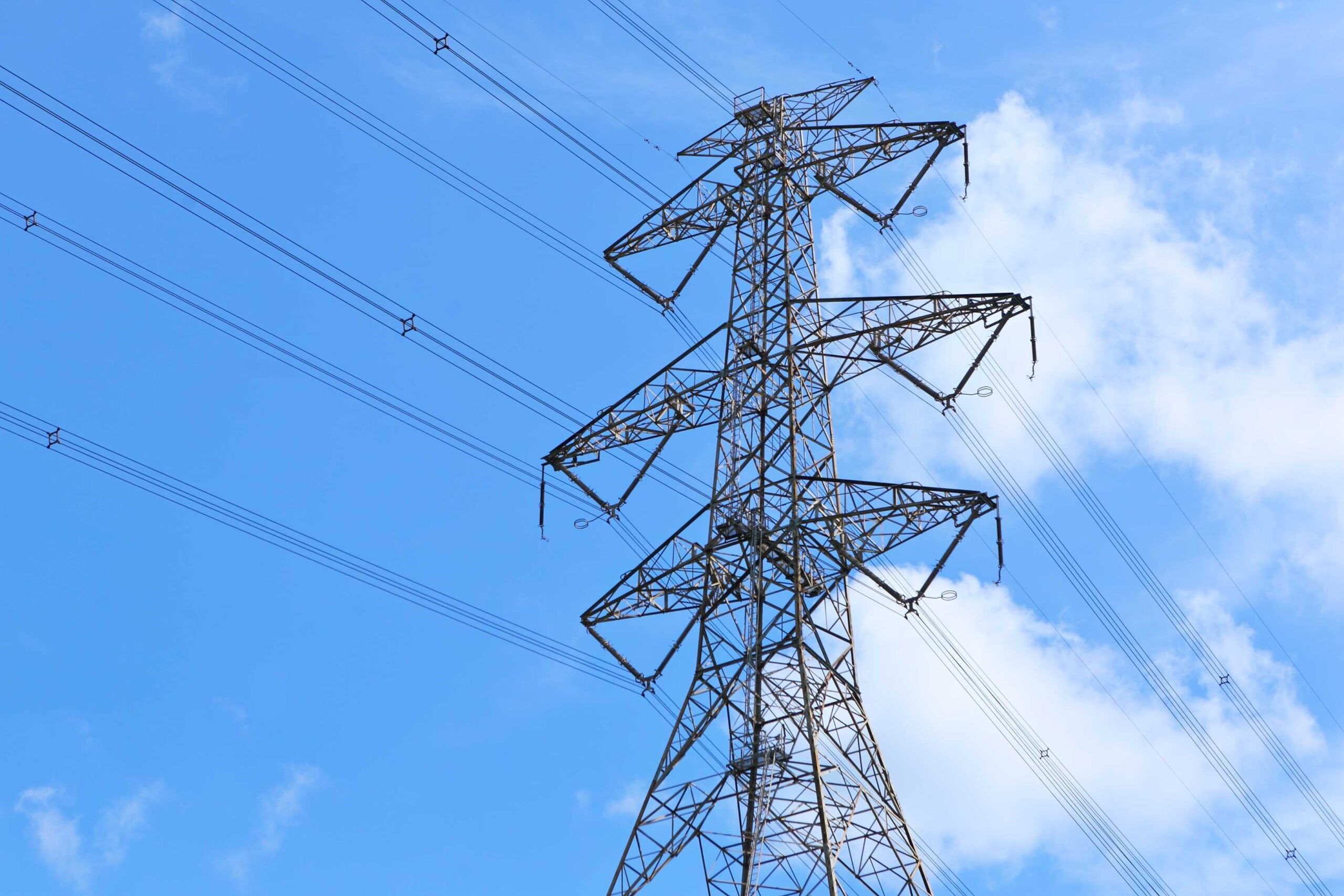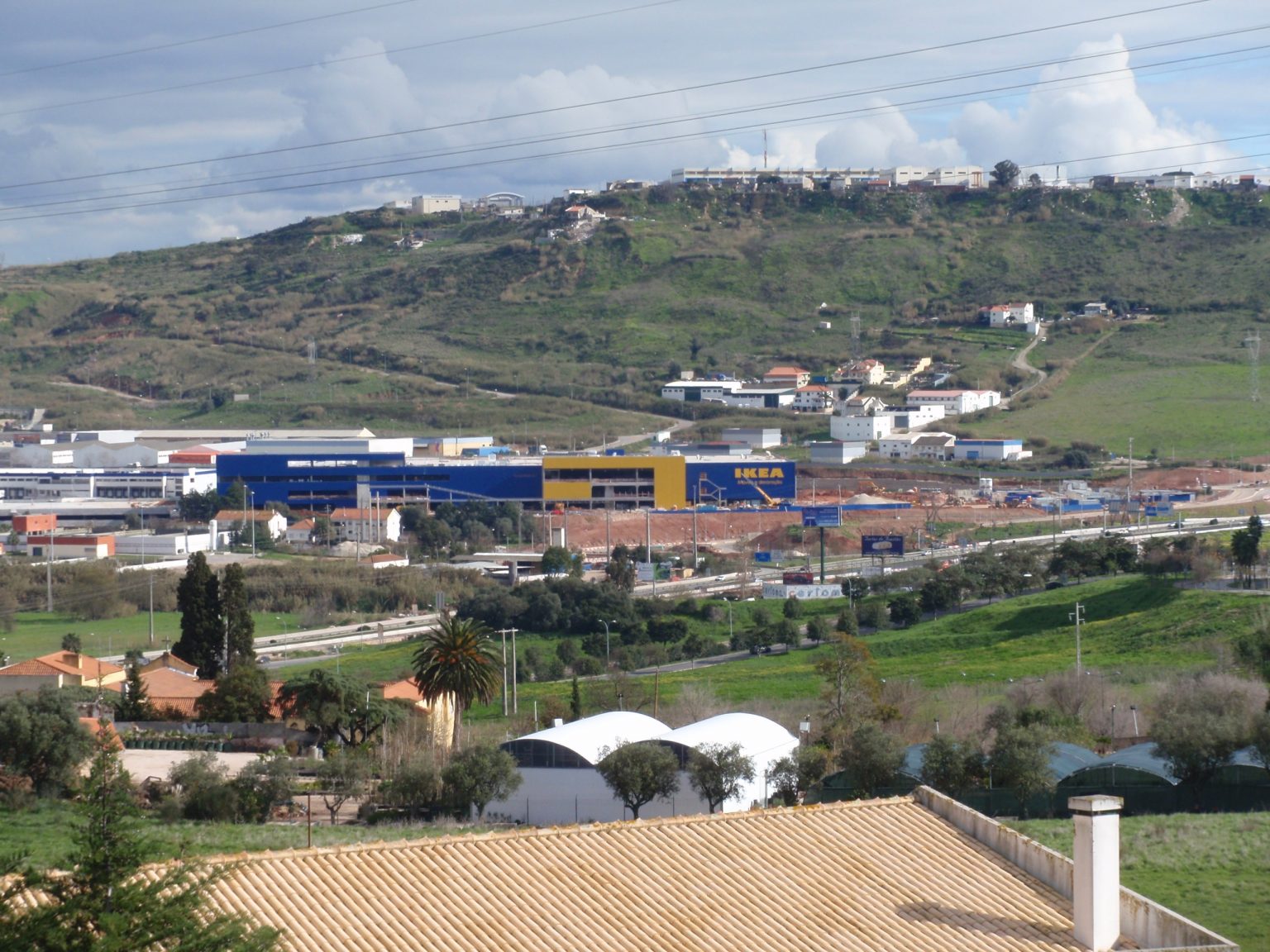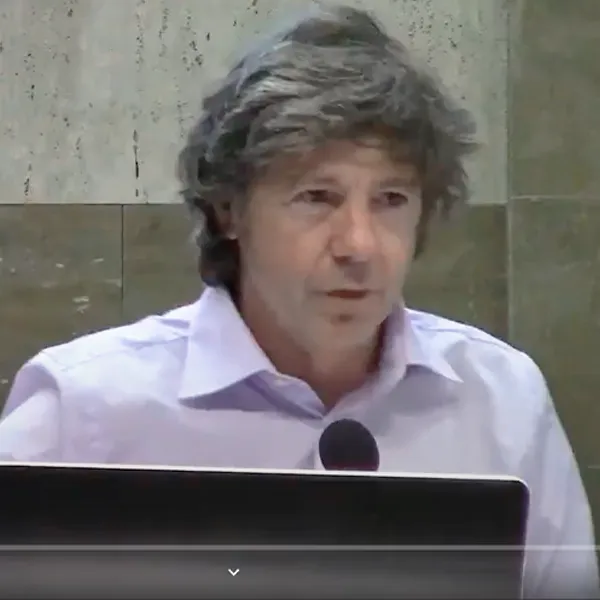
Malgorzata Kulbaczewska-Figat is a Polish journalist and expert on Eastern Europe and the Middle East. She is the deputy editor of the Polish left media platform Strajk and an editor at another Polish left-wing media — the newspaper Trybuna. She visited Belarus both before the presidential elections and in their aftermath.
This is the third part of a three-parts interview, with the first part dealing with the internal context in Belarus, the second one — with the geopolitical dimensions of the political crisis and the third one with Malgorzata’s notes as a foreign reporter and conclusions.
The protests in Belarus are also a media case. It is a country which has stronger control over its population, over the media. Telegram has become especially important in transmitting messages between Belarussian people and with the world. What kind of challenge do these protests pose to international journalists? What are the channels through which we can learn what is going on in Belarus?
Right now reporting on Belarus is an immediate challenge to journalists. In the beginning of October, the authorities tightened control over journalists, Telegram channels and the media, which were officially allowed to broadcast on the protests. Right now, no international journalist can get official accreditation. The international journalists are forced to rely on official television and agencies in Belarus, which, not surprisingly, report president Lukashenko’s viewpoint. International journalists who come to Belarus pose as tourists and risk being arrested.
As far as local media is concerned, it is very important that the Telegram network’s influence grew. Here we come across another difference between Belarus and Russia. Russia makes a great deal of propaganda towards its ‘internal market’ — convincing people that they live in a wonderful country in a variety of means. Lukashenko was not interested in doing propaganda that appeals to the young and the middle class. Only now he’s actually discovered the importance of social networks! Now, when their role grew immensely, and not only among the young generation. And the role of the social networks in the last few years grew. The biggest Telegram channel — Nexta, is run from Poland. This is stated by its owners, by the Polish government and Tikhanovskaya. I don’t want to say that they organise the protests. These protests are self-organised and spontaneous. They were igniting the people so that they know there are others that go on the streets.
I must say that the fact that the biggest Telegram channel operates from Poland shows how much Poland wanted to participate in regime change in Belarus. Just a week before the elections the leaders of Nexta claimed that, according to their sources, there was a lot of discontent among the police, among the army, and that if protests started, there would be uniformed people changing sides. From today’s perspective we see that this didn’t happen.
If we are to follow any relatively independent media channels on those protests, which ones should we follow?
It is hard to say who is worth following. I would not say it is not worthy to come to these oppositional channels. You need to decide yourself. Tut.by is one media. Zabastovka channel on Telegram gives a more pro-worker perspective. Tut.by is a real journalistic effort. Its journalists are everywhere and you can see the protests.
I think Tut.by’s license was revoked?
Yes, they were stripped of their licence. Their site is still active. But their journalists are no longer recognised as such. They work at their own risk. If somebody is arrested at the protest, he can’t claim anymore that he was working and not participating in the protest. And they were indeed punished in court these last few days, usually receiving from five to 10 days of imprisonment for participating in ‘illegal demonstrations.’
What is the most problematic element of the media bias? Regardless of which side of the conflict they favour.
It is really painful for me to see how this protest is being forcibly put into a strong geopolitical context, which protesters do not want. I have heard from protesters that they are not against Russia or the EU. They do not want a great political shift in their country. It is different from the protesters at Ukraine’s Maidan, which bursted with a desire to join the EU, which seemed to the young protesters as a paradise of freedom and opportunities. The people in Belarus with whom I speak basically want to feel that they are living in their own country, that the country belongs to them and that the ruler respects them, which is not the case now. It is tragic to see those superimposed agendas, which are not protesters’.
Tikhanovskaya asked that Belarus be sanctioned so that there would be no negotiations between Russia and Belarus. There are people at the protests who are against Russia. The others wish that Belarus remains neutral and serves as a bridge between East and West. In order to understand the protests’ attitudes the protesters have to be asked in some form — referendum or another. Nobody did it.
There are also oppositional figures, who say that these protesters are about identity, about recovering from and being liberated from Russian influence. That is, again, not the case, even though some of the protesting intellectuals would like to see things going this way. Most of the protesters have no problem speaking in Russian and showing the symbol of the Great Duchy of Lithuania at the same time! There was not a single appeal to decommunize the country, to get rid of the omnipresent Lenins and other Soviet-time monuments. These protests are about dignity, about being respected by the government. Superimposing on the protesters something which they have never said is not correct.
Have any concrete political postulates been put forward so far?
Tikhanovskaya has put out some programme, which might sound menacing to someone in Eastern Europe. She suggested that the state-owned factories be put in the hands of ‘skillful managers,’ who are to decide which factories will go on and which will not be allowed to continue under the free market. Or permitting of a large opening of private schools. We heard that all around Eastern Europe and we can guess what would happen next: These are indications that if Tikhanovskaya becomes president, she would come out with liberal advisers and go on with shock therapy. This is something that the young entrepreneurs and start-upers might want, but not the majority of Belorussian people. They want stability, labour rights.
Now oppositional leaders are trying to impose a programme, which is not approved by the protesters. The protesters want Belarus free from Lukashenko and control over what follows. That is the difference from the colour revolutions. The protesters are really in a tragic situation, because there is no geopolitical interest that supports solutions that would be both democratic and keep these elements of the social welfare state that are still functioning in Belarus. I might conclude with what my Belorussian anarchist interlocutor, now living in Poland, told me, explaining why he would have stayed abroad even in the case of Lukashenko’s fall. He told me that he believed that Lukashenko deserved to go after he ordered the brutal suppression of the protests in the first weeks, but that he had also no illusions that a ‘liberal-democratic’ Belarus would have repeated the worst neoliberal way that brought so much suffering to Eastern Europeans. And this would not be a truly free Belarus either.
The Barricade is an independent platform, which is supported financially by its readers. Become one of them! If you have enjoyed reading this article, support The Barricade’s existence! We need you! See how you can help – here!










